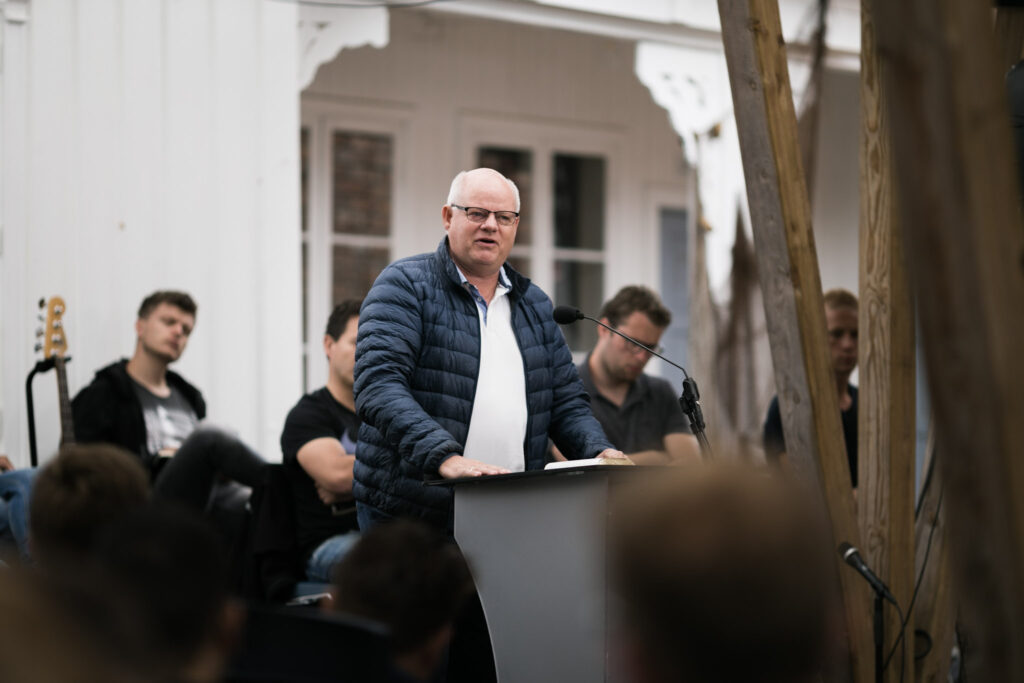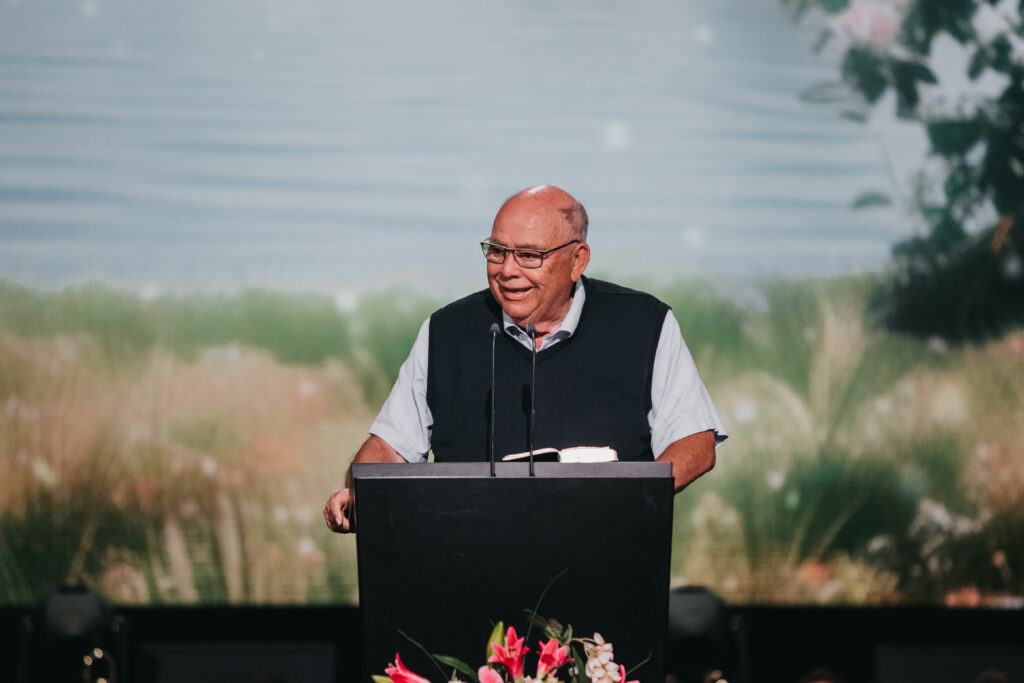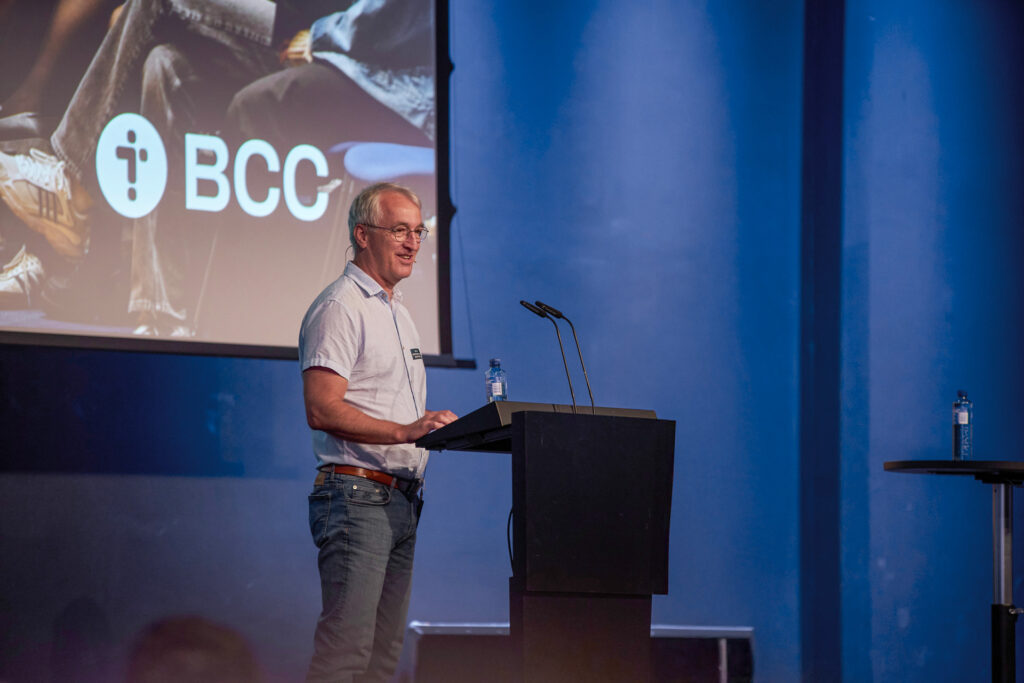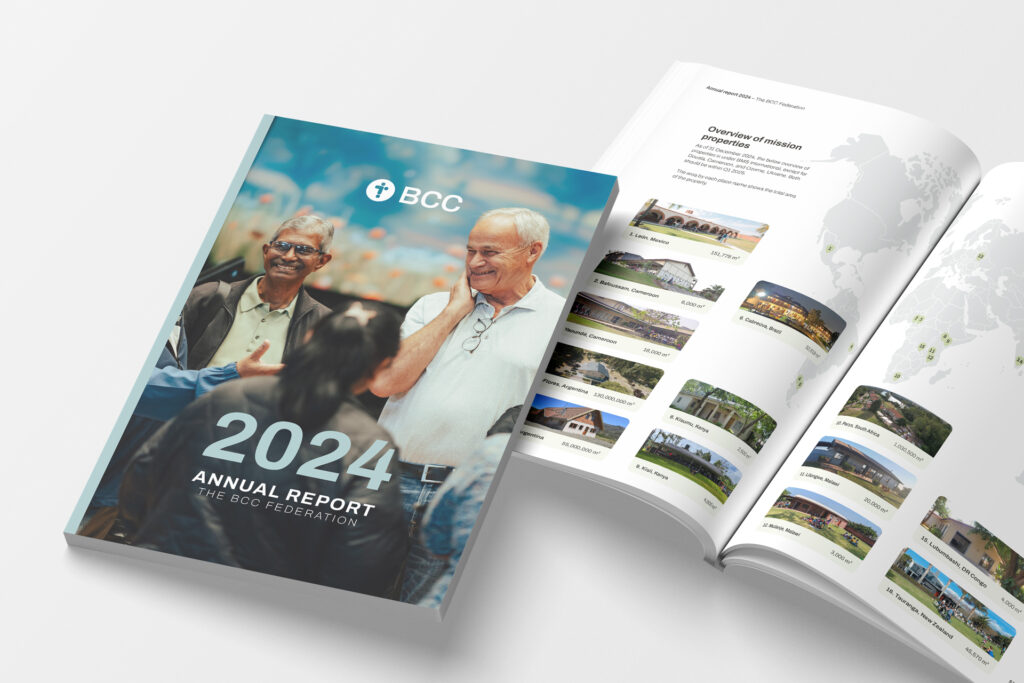BCC’s values state: A believer should be characterized by attitudes and lifestyles compatible with esteem and respect for other people, irrespective of their life stance or beliefs.
How does BCC relate to those who opt out, or leave the church?
“People can freely opt out, and there are no sanctions for doing so. Of course, this is how it needs to be in a free country,” says Kronstad. He continues: “This is also clearly stated in our handbook covering the conditions of membership. Our viewpoint is that we wish to have as good a relationship as possible with everyone, irrespective of whether they are members or not. This is also how I think the vast majority see it.”
All member organizations that are part of the international BCC Federation are obliged to have bylaws, conditions of membership and procedures for dealing with whistleblowing. This is to ensure that both the duties and rights that govern us as members are clear and easy to live up to.

Respecting people’s choices
I want to return to something Kronstad said early in the first part of the interview: That we can be better at meeting those who have had bad experiences, for example in connection with leaving the church.
How do you respond to the criticism that it is difficult to leave the church, and that people are treated badly if they opt out?
“As I mentioned earlier, BCC wants to have as good a relationship as possible with both members and non-members. There can be many different destinies in individual lives and in families. Every church has its stories, and not all of them can be openly discussed, not least out of consideration for the individuals involved. We regard it as absolutely fundamental to have mutual respect and a good interpersonal relationship, regardless of which religious community a person belongs to, or whether they are a believer or not. Each person should be given the freedom to choose for themselves what they want to believe in and where they want to be a member. This choice must be respected. This also applies to BCC members who choose to opt out.”
We do not break all contact
But do you support families cutting off all contact with family members who have opted out of the church?
“For some, leaving a religious community also means adopting a different life stance from that of the family. How individuals and families relate to this varies. We must respect the fact that such processes can be demanding. This is the case regardless of which assembly or organization you were strongly affiliated with. How families handle their relationships, and any breakups is their responsibility. It is not certain that this reflects an attitude we have in BCC.”
I need to get an answer to what is a recurring theme in the comment sections on social media, namely those who feel the church is responsible for bad things they have experienced.
“Over the years, we have repeatedly encouraged those who have had bad experiences to get in touch. Several have done so. Some just need to talk, others need an apology. Some have circumstances in their own family that form their experiences. We hope and believe that the threshold for people contacting us is not too high, if they are bearing bad experiences. We want to meet people with respect and understanding for the pain they may be carrying and try to find the best possible way forward in life.”

Wants to develop the church for the better
Kronstad makes it clear that as long as organizations are run by people, mistakes can occur. We can never get away from this. What concerns him is the great importance of preventive measures, and that corrective action is taken if anything reprehensible is done.
“And I want to say this, that people are human—even when it concerns leaders and members who have dedicated their lives to helping others to a life of development in what is good. Human beings can make mistakes. Things can be said and done that are not acceptable, things that should not have happened. Those of us who have worked with preventive measures in BCC Norway for decades have urged people to get in touch. We have no other intention than to develop the church for the better in every way.”
There is sincerity and warmth in Kronstad’s answers: you can tell that he has a love for people and wants their best. But what if the criticism is about things other than human compassion and charity? For example, allegations about the leadership mixing personal and church finances?
“There appears to be a small group of people who have more or less devoted their lives to spreading lies about BCC, its leaders and its members, especially in regard to financial matters. This group continues with its lies despite the fact that for the last 10 years all our finances have been audited and checked by auditors and Økokrim (the National Authority for Investigation and Prosecution of Economic Crime in Norway), without finding a thing to put their finger on.
Righteousness at all levels
Kronstad makes it clear why it is important to counter such untruths:
“What some people are doing has nothing to do with contributing to a healthy and good development. So lies must be refuted; it has to do with righteousness. I believe that righteousness, both throughout the organization and in our own lives, is crucial for success. Our work is to complete the mission we have been given by Jesus, to go out into the whole world and teach those who will listen, to keep all the commandments He gave us.”
“Without righteousness and personal faithfulness, we have no power to carry out this mission.”
Harald Kronstad



